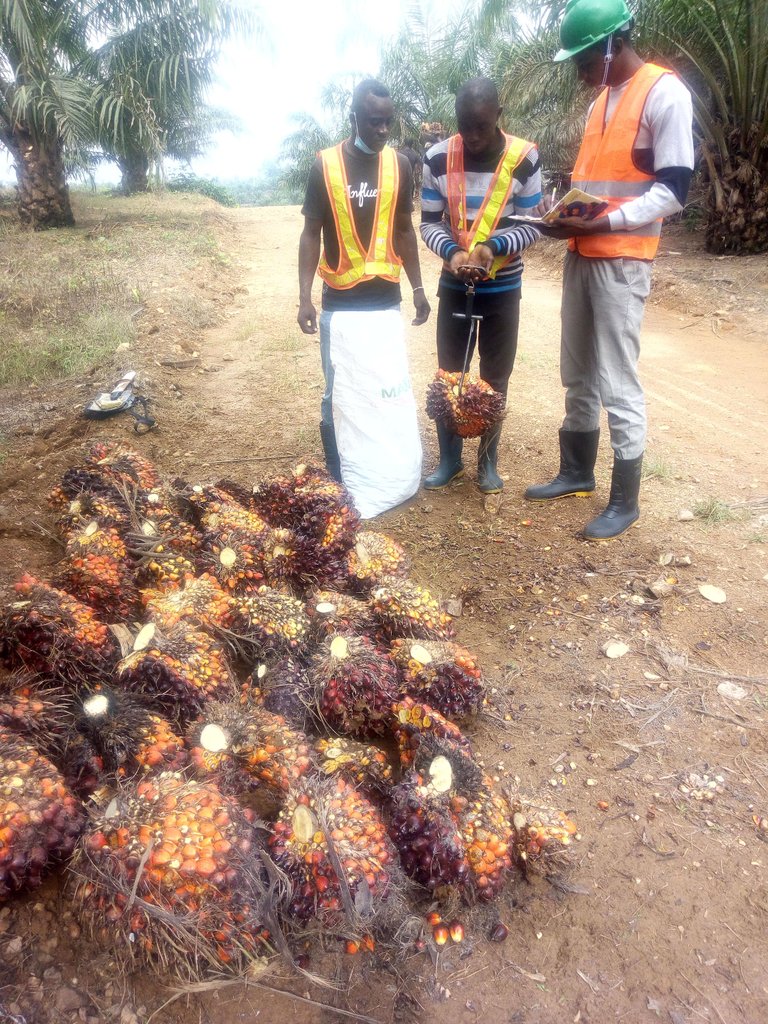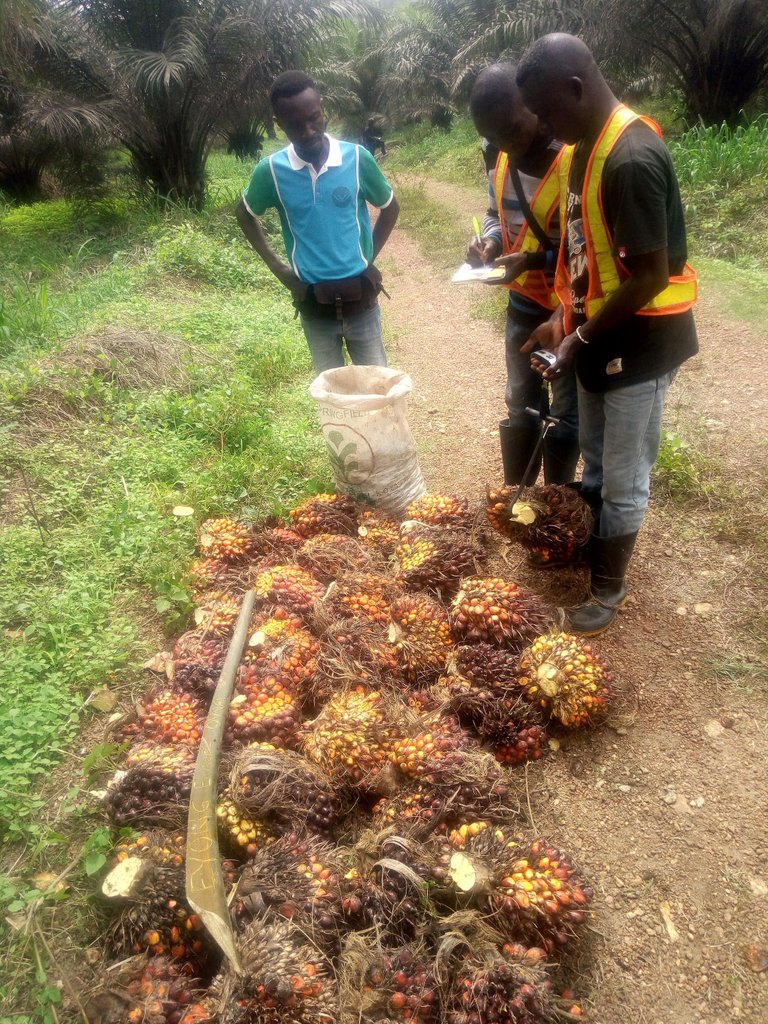Hello, dear community. Today, I will be sharing important tips to consider during a Quantitative Agro Management Survey (QAMS) in an oil palm crops. Collection of data during the Quantitative Agro Management Survey is a vital tool that plays a crucial role in optimizing crop yield, resource management, and overall efficiency. It is essential because data provides insights that assist organizations in making informed decisions, improving processes, and understanding trends.
When data is wrongly collected, it results to inaccurate insights and misguided conclusions. This can also yields flawed analyses, poor decision-making, and wasted resources. Further more, incorrect or unethical data collection practices can breach privacy and security, eroding trust with users or customers.



It is important to avoid these common mistake when going for a quantitative agro management survey of an oil palm crops, to ensure the accuracy and reliability of your data collection. Here are some key mistakes to watch out for:
Poorly Designed Questionnaires: Creating a questionnaire with unclear, leading, or biased questions can result in inaccurate responses. It's crucial to design questions that are objective, unbiased, and easily understandable by respondents.
Small Sample Size: Small sample size can not determine the diversity of an oil palm accurately. To get a meaningful results, go for a sample that is sufficiently large and diverse.
Non-Representative Sampling: If the samples gotten does not represent the broader oil palm industry, the survey findings may not be used or generalized. Always make sure that the sample includes various plantation sizes, geographical locations, and management practices.
Selection Bias: Avoid using a certain type of workers or platforms where the fresh fruit bunches are kept to prevent bias into the results and effort should be made to minimize selection bias and ensure a balanced representation.
Inadequate Training of Surveyors: Surveyors conducting the interviews or data collection should be properly trained to administer the survey consistently and avoid unintentional biases during interactions.
Inaccurate Measurements: When collecting quantitative data such as crop yield, errors in measurement techniques can lead to unreliable data. Implement quality control measures to ensure accurate measurements by avoiding adding the weight of the spike to the fresh fruit bunch weight.
Overlooking Data Validation: It's important to cross-check and validate the collected data to identify outliers or inconsistencies. Data validation procedures can help ensure the accuracy of the dataset.
Ignoring Ethical Considerations: Respecting the privacy and consent of the respondents is crucial. Obtain proper consent and ensure that any personal or sensitive information is handled confidentially and ethically.
Misinterpretation of Results: Proper statistical analysis is essential to draw accurate conclusions from the collected data. Misinterpreting statistical findings could lead to incorrect recommendations or decisions.
By avoiding these common mistakes, researchers can enhance the reliability, validity, and relevance of their quantitative agro management survey of oil palm crops, leading to more meaningful insights and recommendations for sustainable cultivation practices.
Thanks for reading 😊